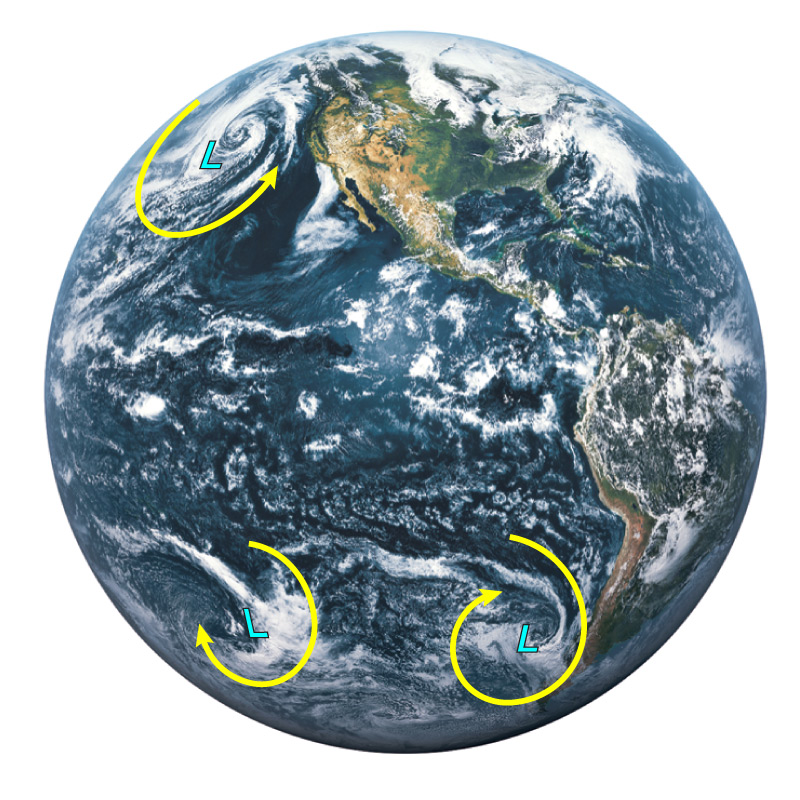
You’ve been learning about science since you were very young, and we’ve used the word “science” a lot in this book already. But what exactly is science?
This question turns out to be surprisingly difficult to answer in a simple way. The word “science” comes from the Latin scientia, meaning “knowledge,” but not all knowledge is science. For example, you may know what music you like best, but your musical preference is not a result of scientific study. Defining what constitutes science therefore requires that we look more deeply at how science differs from other methods for acquiring knowledge. As we will see, the Copernican revolution can help us do this, so we will use it as a case study as we discuss the nature of science in this section.
Section Learning Goals
By the end of this section, you should be able to answer the following questions:
- How does science work?
- What is a “theory” in science?
- What is the value of science?
Before you continue, take a few minutes to discuss the above Learning Goal questions in small groups or as a class. For example, you might discuss what (if anything) you already know about the answers to these questions; what you think you’ll need to learn in order to be able to answer the questions; and whether there are any aspects of the questions, or other related questions, that you are particularly interested in.
Connections—Etymology
The Latin Root Scientia
The Latin scientia, meaning “knowledge,” lies at the root of other common words besides just the word “science.” For example, it is a root in the words “conscience,” “omniscience,” and “prescience.” Look up each of these words and then briefly explain how they are related to the idea of knowledge. Can you think of any other terms that also use this root?
This particular Connections box requires students to look up a few words that will help them both in understanding the word science and in building vocabulary. In terms of the explanations that students will hopefully come up with:
- conscience: literally means “with knowledge,” so doing something consciously means doing it with understanding of your actions.
- omniscience: The Latin omni means “all,” so this word literally means “all knowing.” For example, theologians often say that God is omniscient, meaning that he knows all.
- prescience: literally means “before knowledge,” which is why being prescient refers to anticipating something before it occurs.
Group Discussion
Science and Our Daily Lives
Work in small groups or as a class to do the following.
- Make a list of at least ten things that we use in our daily lives.
- For each item on the list, decide whether modern science is important to its existence, and if so, how.
- Briefly discuss how large of a role modern science plays in our everyday lives.
(1) Try to guide students to a fairly extensive list, within reason. E.g., clothing, food, shelter, smart phones, computer, television, cars, etc.
(2) This question can engender some fairly deep thinking if done well. As an example, consider, clothing: On the one hand it might seem not to depend on science, since clothing existed long before modern science, but on the other hand, most of the fabrics used in today’s clothing are produced through methods that rely quite heavily on modern science.
(3) After discussing the first two questions, it should be indisputable that science plays a major role in our lives, though whether that role is positive or negative might be debated.